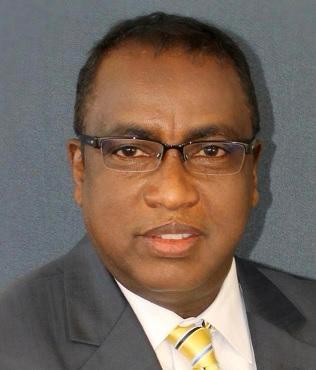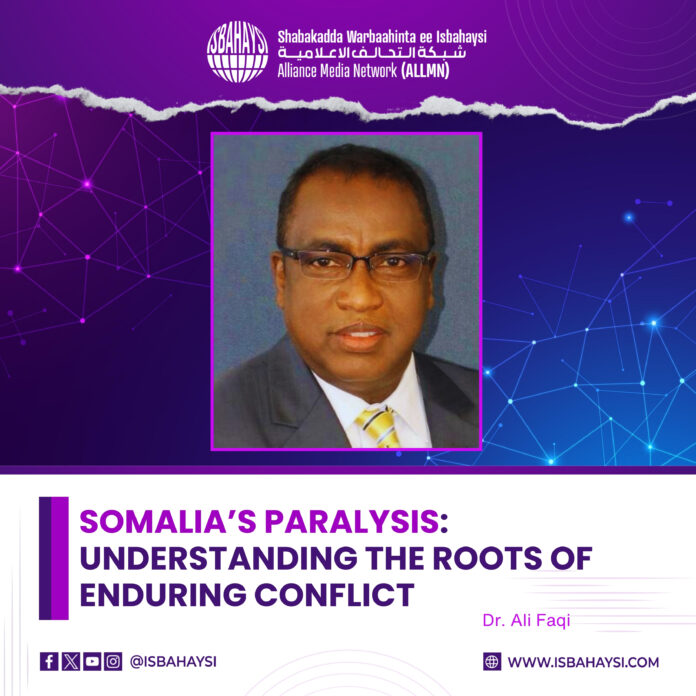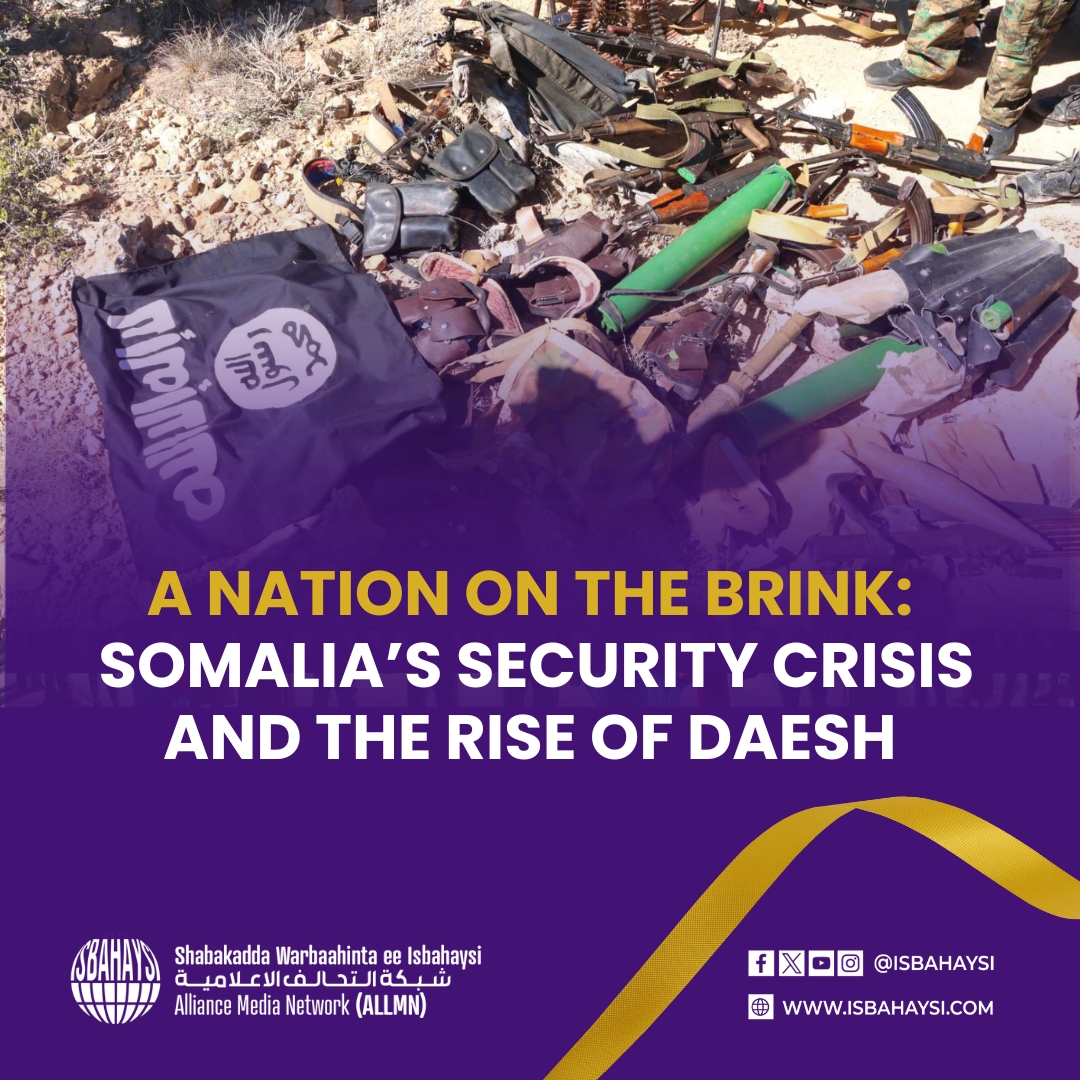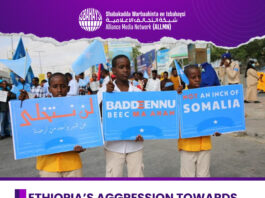Every country has its own dark history, yet nations have made the conscious decision to embark on a trajectory that brightens the prospects for their citizens’ future. Somalia seems to be trapped in a never-ending cycle of despair, burdened by ineffective leadership, corrupt society and an inability to peacefully resolve conflicts. Violence has become the predominant language among its people, casting doubt on whether Somalia can ever be a strong nation amidst the ongoing conflicts and clan tensions that plague every region. Despite the abundance of natural resources, a vast fertile land and the longest coastline in Africa, unfortunately Somali people failed to harness these advantages and coexist harmoniously. Clans are continuing to arm themselves for the sole objective of forcefully evicting others from their territories or defend against rival clans. When a community faces a long-standing conflict, it’s essential to take a step back, reflect, and seek a permanent solution. But making things worse and expecting them to get better is just silly.
The conversation surrounding Somalia’s future is limited by a myopic focus on clan-centric solutions, neglecting the broader needs and aspirations of the nation. The entrenched clan hostility and animosity that dominates Somali society undermines efforts to build a united and thriving country. By allowing these divisions to dictate the agenda, Somalia’s potential for peace, growth and development is repeatedly compromised. Moreover, the lack of a unified vision for nation building has resulted in a fragmented political landscape in the country. Different political figures, each with their own agenda and interests, compete for power without a unified goal for the betterment of the nation. This lack of unity and cohesive vision hampers any significant progress in the country. Furthermore, the prevalent culture of appointing individuals to leadership positions without regard for their qualifications and experience has resulted in a significant decline in the quality of leadership, undermining effective governance and progress.
The pursuit of justice stands as a fundamental pillar in the process of nation-building. By upholding justice, the mistrust that has dominated our society can be fully restored. Deep-seated cultural injustices, often perpetuated and reinforced by institutional support, are indeed primary drivers of systemic inequality and social injustice. The daily life of Somali citizens is marked by constant abuse and exploitation at the hands of government officials, armed militias, and the terrorist group Al-Shabaab. It’s no surprise that many young people feel compelled to embark on dangerous journeys to escape the country.
On the same token, the absence of accountability and adherence to the rule of law is a significant contributor to the perpetuation of anarchy in Somalia. It becomes exceedingly challenging to effectively fix a troubled nation when the actions of its leadership promote anarchy. Attempting to govern without accountability and the rule of law is like attempting to operate a car without tires.
Moreover, the current constitutional impasse in Somalia is a significant obstacle to the country’s progress, particularly in its efforts to transition from indirect elections to a more inclusive and fairer one-person-one-vote system. A unilateral and coercive adaption of an electoral modeltailored to serve the will of a single person is a red flag for trouble. To overcome the impasse, the government needs to reverse its path and engage in a sustainable dialogue and cooperation withall stakeholders, as well as Federal Member States (FMS).
This chaotic political environment has far-reaching consequences. Somalia’s sovereignty is indeed compromised by internal divisions and political disorientation. The situation is further complicated by geopolitical tensions in the Horn of Africa, exacerbated by Ethiopia’s quest for sea access enforced by Somaliland’s separatist agenda. These could erode Somalia’s foundation and threaten its existence.

Furthermore, Somalia is again outsourcing its security to foreign forces following the end of ATMIS mission late this year. The Somali army currently lacks the capacity to fully assume responsibility for the country’s security. This issue must be effectively addressed. The inability to establish a reliable and effective national army is attributed to several key factors. These include the absence of inclusivity in army leadership, which fails to represent the diverse Somali population and impedes the formation of a unified and cohesive national force. Additionally, the army’s command structure lacks depth of experience, leading to poor decision-making, decreased motivation, and performance. Incompetent officers struggle to maintain discipline and accountability, resulting in mismanaged resources and reckless decisions that cause unnecessary losses. Favoritism within the ranks undermines professionalism and effectiveness, while manipulation of the army for clan interests creates divisions and undermines the objective of building a national army. In addition, the lack of trust in the armed forces undermines their credibility and effectiveness.
The problem of the current army is further exacerbated by the widespread addiction of its members to Khat, which fuels frequent clashes and tragically results in the loss of innocent lives. Army members, who earn a mere $200 monthly, may spend $20 daily on Khat, driving them to desperate measures like looting khat and selling bullets for the substance. This addiction not only highlights the depths of their dependence but also severely impairs their ability to perform their duties. Consequently, the army is ill-equipped to combat Al-Shabab.
It is very important that Somalia shifts its attention towards the establishment of a unified and reformed Somali National Army. For nearly two decades, Somalia relied on foreign armies to safeguard the Somali security. However, this can’t continue. The army must assume complete responsibility for the defense of the nation. To truly unite the country, it is necessary to build an army that is loyal to the country. The new SNA must embrace that the sacred duty of safeguarding the homeland is paramount, necessitating a departure from the current fragmented SNA, where a significant faction remains entangled in divisive clan affiliations.
Other setbacks to nation building include the implementation of the federal system which has been hindered by the unintended consequence of replicating central governments at multiple levels, resulting in additional centralizations. This has made it challenging to devolve power and decision-making authority to a village level, undermining the principles of federalism. Furthermore, the creation of a large bureaucracy at the federal state level, equivalent in size and scope to central government authorities, has introduced significant financial sustainability challenges. This has put a strain on limited resources, diverting funds from essential public services and development initiatives, and has introduced financial sustainability challenges that threaten the long-term viability of the federal system. In addition, the lack of qualified and experienced technocrat and politicians has resulted in ineffective governance, and poor decision-making, ultimately revealing evidence of failure of the FMS governments to deliver on theirpromises and meet the needs of their citizens. These challenges necessitate a reevaluation of the federal system’s design and implementation to ensure a more decentralized, efficient, and financially sustainable governance structure.
Finally, on the flip side, the Somali government is heavily reliant on the support of the international community. In the midst of global political and financial crises, with major conflicts taking place, Somalia has fallen down the list of priority countries. To regain international support, tangible progress must be demonstrated. Otherwise, the international community will have less interest in continuing to support Somalia’s never-ending political quagmire. To achieve stability and develop, Somalia must transition towards self-reliance by implementing a robust revenue collection system. This will entail establishing effective taxation mechanisms, streamlining customs and border control, agreeing on revenue and resource sharing mechanisms and leveraging natural resources to generate income. Consequently, Somalia can reduce or eliminate completely its dependence on foreign aid and assume ownership of its development trajectory. No country can achieve progress while relying on international aid.
Dr. Ali Said Faqi
SCIENTIST, DIPLOMAT AND LEGISLATOR



